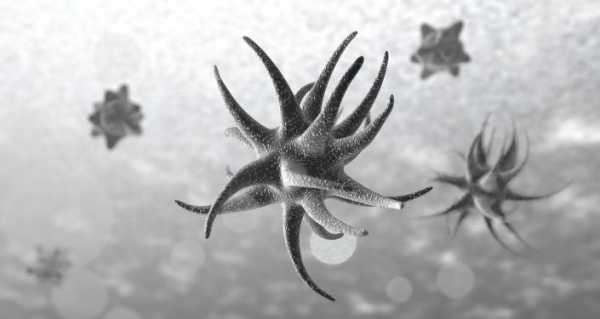
Microbial fuel cells (MFCs) produce electricity through the oxidation of organics by special microorganisms. The capabilities of these devices have recently increased significantly, and scientists consider its hybrid with wastewater treatment systems to be a promising source of green energy.
Scientists from leading Russian universities have told Sputnik about the importance of microbial energy and their achievements in this sphere.
Several microorganisms are capable of feeding in an oxygen-free environment by oxidising organics while releasing electrons into the external environment. In the early 20th century, scientists tried to use such microorganisms – exoelectrogens – to produce electricity, but until recently, the power of MFCs remained insignificant. A microbial battery can run on a wide variety of organics, including sewage or industrial waste.
The scientists explained that finding the optimal MFC configuration is not an easy task, requiring mathematical modelling that takes into account electrode material, organic substrate concentration and feed rate, pH of the medium, system geometry, and other factors.

Water flows down Cement Creek just below the site of the blowout at the Gold King mine which triggered a major spill of toxic wastewater.
A solution of glucose in a mixture of salts served as a substrate in the batteries, and the source of the microorganisms was activated sludge used for wastewater treatment. The research results of the scientists from the D. Mendeleev University of Chemical Technology of Russia (MUCTR) were published in the journal Energies.
The scientists refined the values of the numerical parameters embedded in the model based on experimental results and then used the model to calculate the optimum concentration of glucose in the nutrient solution. Similarly, other key MFC parameters can be optimised using the proposed model, the scientists noted.
According to Anatoly Antipov, a leading researcher at the Faculty of Chemistry at Lomonosov Moscow State University, the demand for various electric generators using renewable organic raw materials is constantly increasing against a background of steadily rising electricity consumption.

Waterway
The research was carried out by scientists from the Department of Informational Computing Technologies and the Department of Biotechnology at the D. Mendeleev University of Chemical Technology of Russia together with researchers from the Frumkin Institute of Physical Chemistry and Electrochemistry of the Russian Academy of Sciences (IPCE RAS) and the University of Genoa (Italy).
In the future, scientists from the MUCTR are planning to use the new model to develop a hybrid system for wastewater treatment with synchronous power generation.
The D. Mendeleev University of Chemical Technology is the leading chemical engineering university in Russia. The university’s work is aimed both at creating new technologies and introducing them into the industry: 40 departments and 20 laboratories conduct advanced research and train young professionals; the university has experimental and pilot plants, a technology park, and an innovation and technology centre.
Sourse: sputniknews.com






